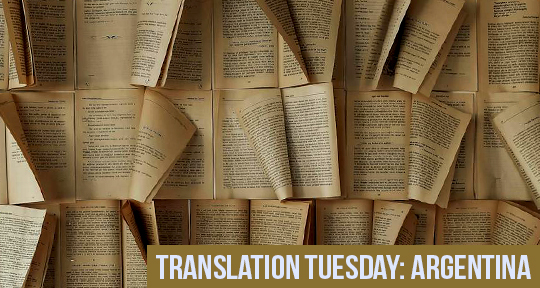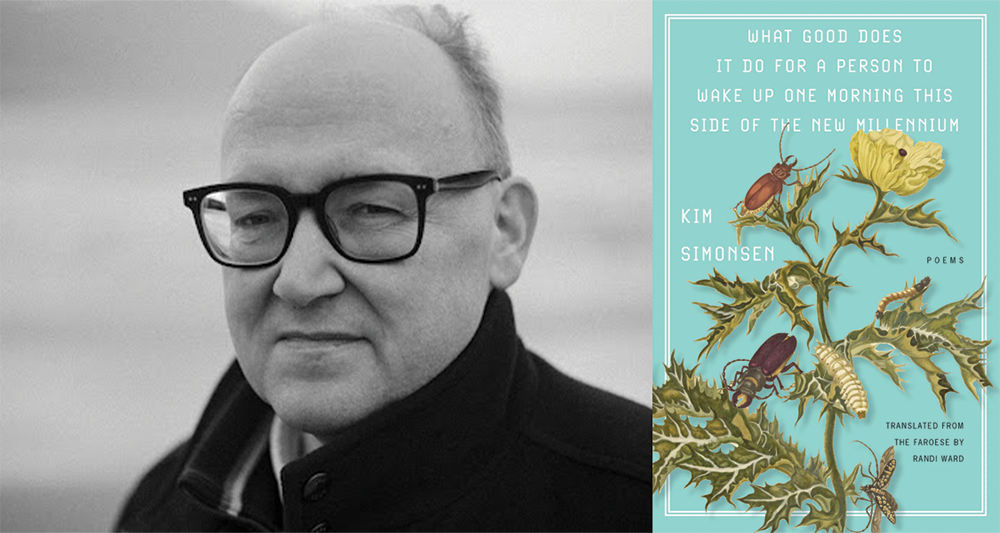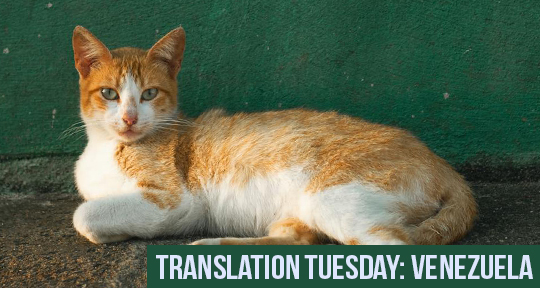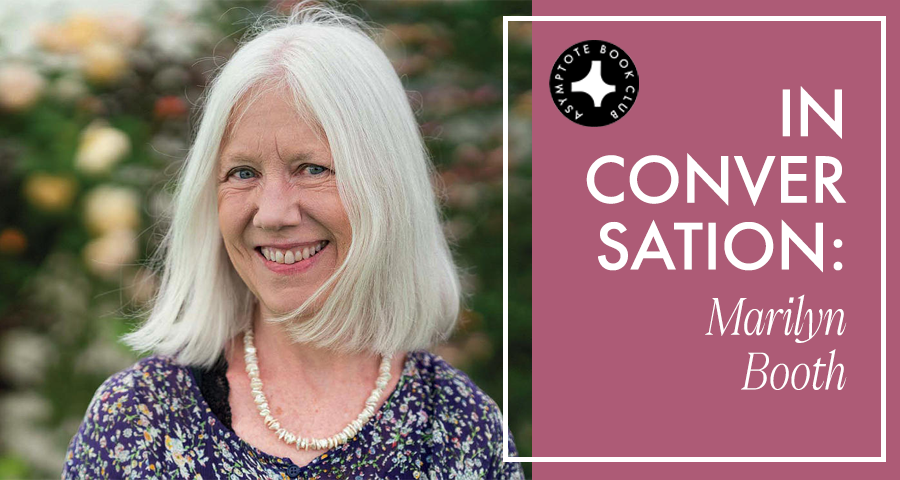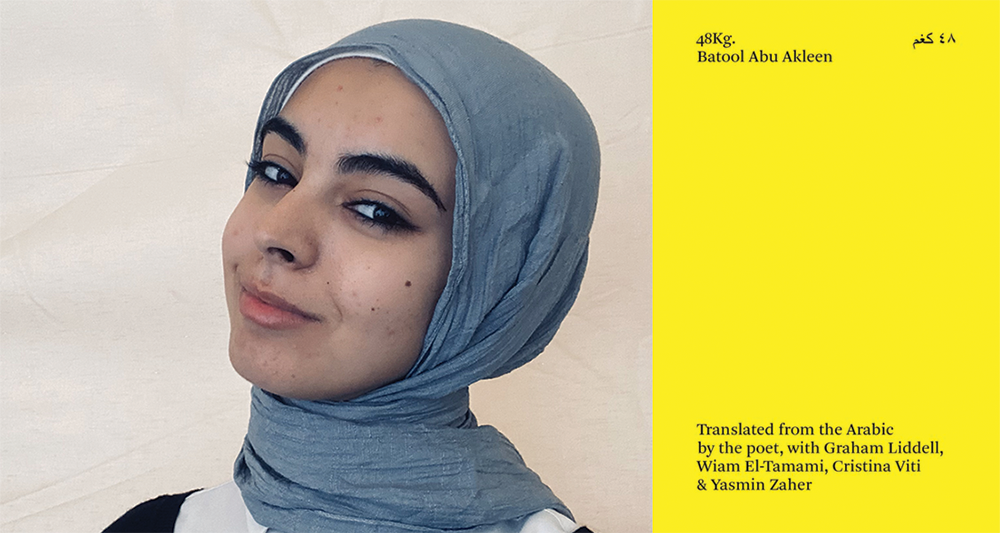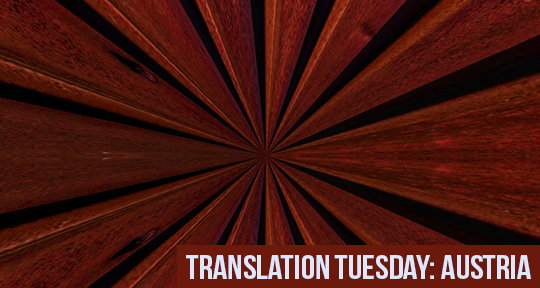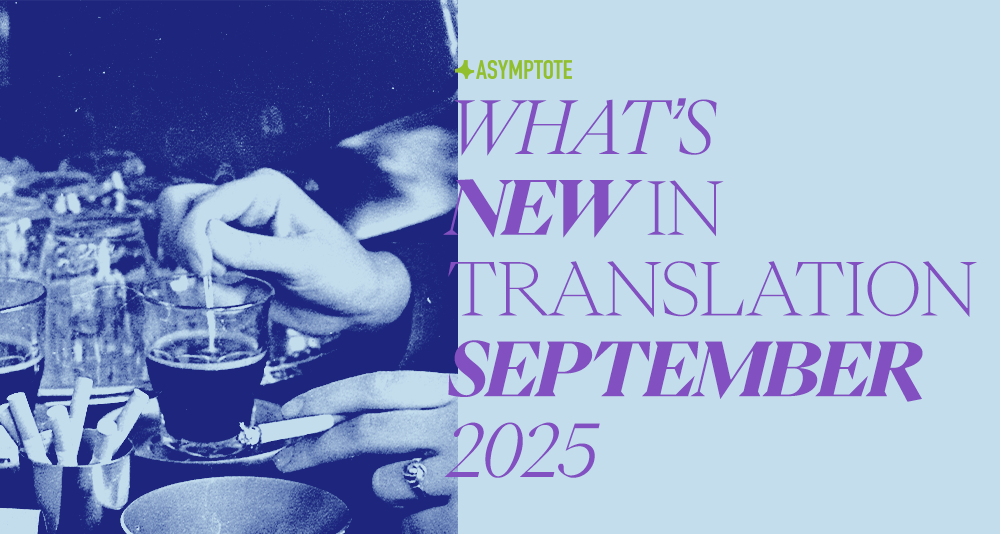Where do you live? is a bilingual collection of collaborative epistolary poems between Iraqi poet Dr. Hanaa Ahmad Jabr (writing in Arabic) and American poet Jennifer Jean (writing in English), published earlier this year. Bridging language and borders, the collection begins and ends with the titular question, as two poets living in different countries exchange their “anger / at the way things are when they should be / better” with “one eye open / staring at the ruins of the old city,” while the “other eye is closed / hiding dreadful war scenes.” In this interview, I spoke with both poets on their collaboration, the revelations that come with the letter-writing form, and how literature serves to bridge distances.
Tiffany Troy (TT): The title of this collection is also that of the poems that begin and end the collection, and it is a provocative question because “Where do you live?” is similar yet completely distinct from “Where are you from?”. Here, where one lives becomes the space that one wants to embody. Can you speak to the decision to start the collection with the eponymous poem?
Hanaa Ahmad Jabr (HAJ): Every poem Where do you live? carries (whether directly or indirectly) an answer to that very question. When we chose this title for both my and Jennifer’s poem, it was a poetic decision, but also one that reflected deep reality; poetic, because the question reaches beyond mere geography, asking not only about place but also about the very essence of living—and reality, because between these two poems lies a rich, vivid life: one woven with memories, dreams, longing, exile, homeland, love, war, family, and friends. That’s why the collection had to open with “Where Do You Live?” for the English reader and close with “أين تعيش؟” for the Arabic reader.
Jennifer Jean (JJ): Since every poem appears in both languages, we spoke about the book being read from left to right for English readers, and also from right to left for Arabic readers. We even asked Arrowsmith Press to create two covers, one cover in English and—on what would be “the back” in America—another cover in Arabic. When I was a kid, these things were known as “flip books,” but the press wasn’t able to grant our wish due to technical difficulties. What remains of this wish is the placement of these title poems. The query in the title still opens and closes our “conversation in poems,” no matter the reader’s home language. Now that I think about it, these two poems are the furthest apart, but both explore the hometown of the heart and express the comfort of our conversations. As Hanaa says: “We are the two eyes together . . . forever.”
TT: In the epistolary-poetic tradition, prominent examples include Paul Celan and Nelly Sachs, Elizabeth Bishop and Robert Lowell, but in those relationships, the correspondence takes the form of letters rather than lyric poems. Can you speak about how you first embarked on the collaborative process, and how the need to translate back and forth added layers to that lyrical discourse? READ MORE…


